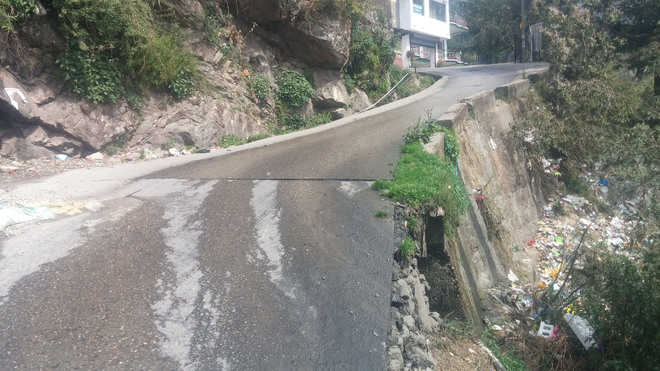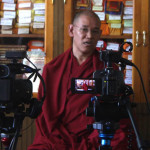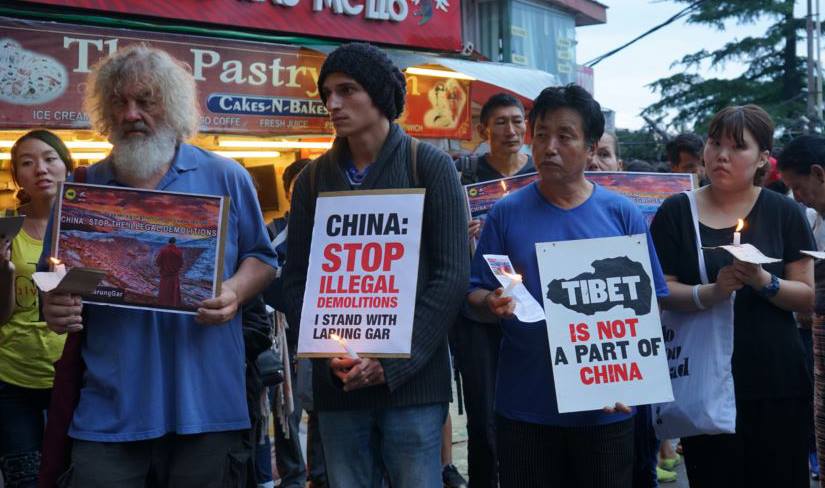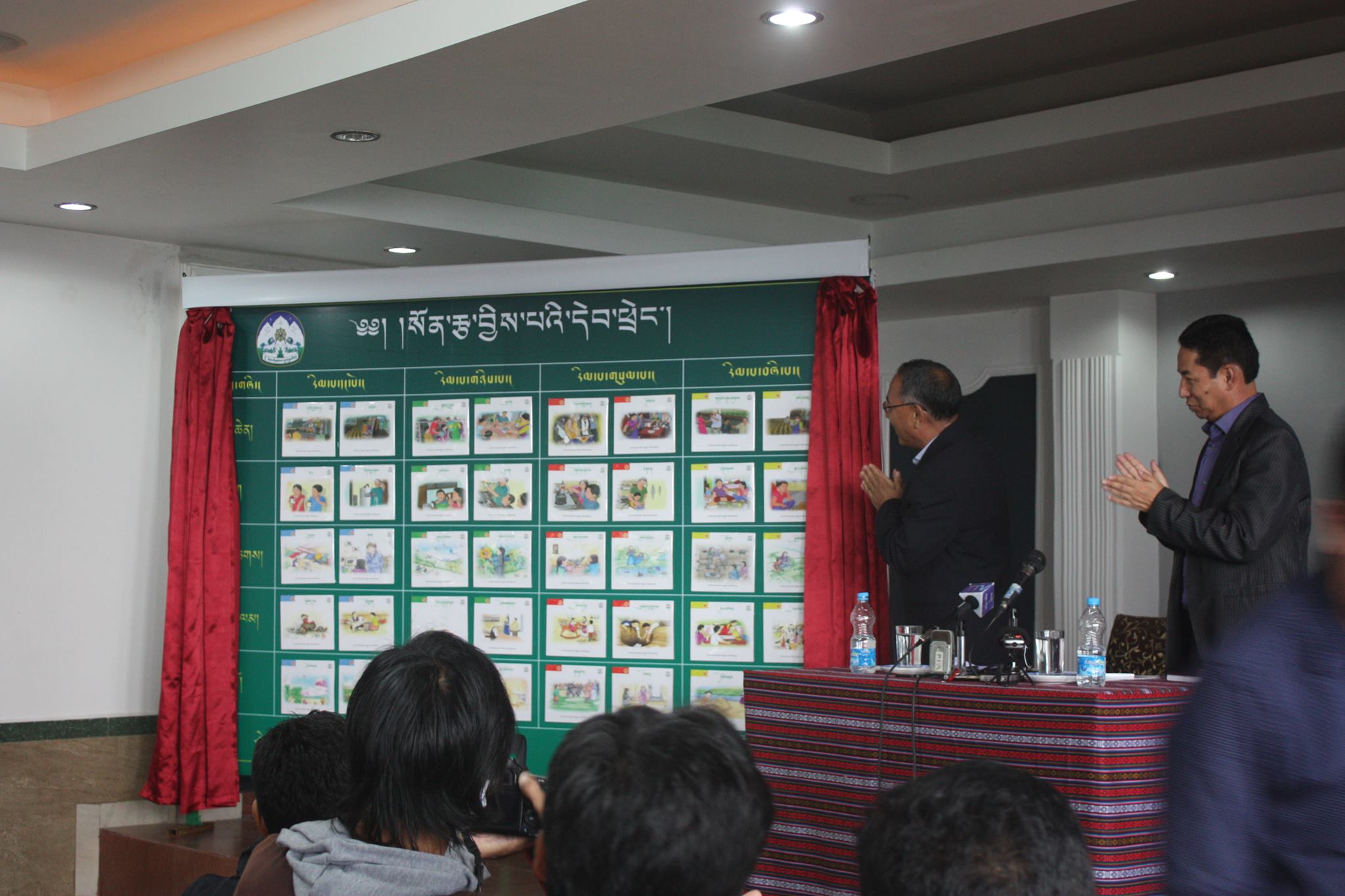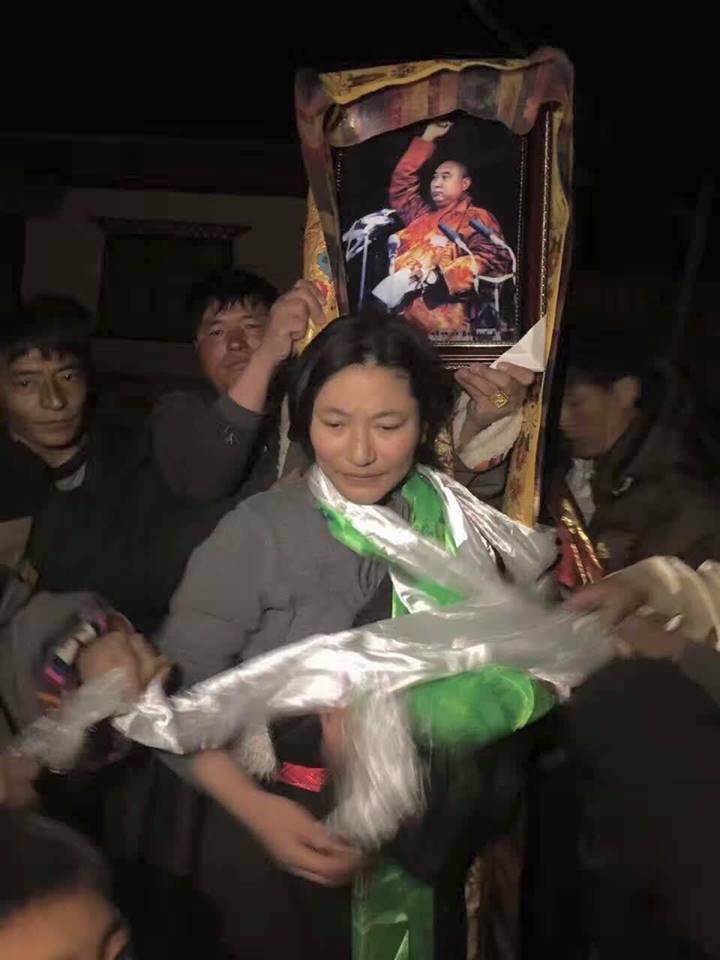US State Department’s 2015 human rights report raises concern over severe repression in Tibet
By Lobsang Tenchoe
DHARAMSALA, APRIL 16: The US State Department has expressed concern over severe repression in Tibet in its annual human rights report.
While releasing the report on April 13, the US Secretary of State, John Kerry highlighted severe repression of Tibet’s unique religious, cultural and linguistic heritage.
The report said the government’s respect for, and protection of, human rights in the TAR and other Tibetan areas during the year remained poor.
“Under the professed objectives of controlling border areas, maintaining social stability, and combating separatism, the government engaged in the severe repression of Tibet’s unique religious, cultural, and linguistic heritage by, among other means, strictly curtailing the civil rights of China’s Tibetan population, including the freedoms of speech, religion, association, assembly, and movement. The government routinely vilified the Dalai Lama and blamed the “Dalai [Lama] Clique” and “other outside forces” for instigating instability,” the report noted.
The report held china responsible for serious human rights abuses in Tibet, including extrajudicial detentions, disappearances, and torture and intensified militarization of the plateau.
It credited the declining number of self-immolations to tightened security .The Chinese government’s stern and harsh policy punishes friends, relatives, and associates of self-immolators on charges of “intentional homicide and subjected to punishment.”
According to an August 2014 report by the International Campaign for Tibet (ICT), since 2012 at least 11 Tibetans were sentenced to prison terms or death on charges of “intentional homicide” for allegedly “aiding” or “inciting” others to self-immolate. The report also listed 98 Tibetans punished since 2010 due to alleged association with a self-immolation. The report further highlighted concerns on matters of arbitrary or unlawful deprivation of life, disappearance, torture and other cruel and degrading treatment, prison and detention center conditions, arbitrary arrest or detention, freedom of speech, freedom of assembly and association, freedom of religion, freedom of movement, freedom to participate in the political process, corruption and lack of transparency in government, and discrimination and societal abuses.
Matteo Mecacci, President of the International Campaign for Tibet, said: “This report gives comprehensive details on issues including lack of access to Tibet, disappearances and torture, sentencing of relatives of those who have self-immolated, and violations of rights of assembly, movement and expression, indicating clearly the continuous and strong concerns of the U.S. government.”
The separate Tibet section of the annual Human Rights Report was mandated by Congress in 2002

